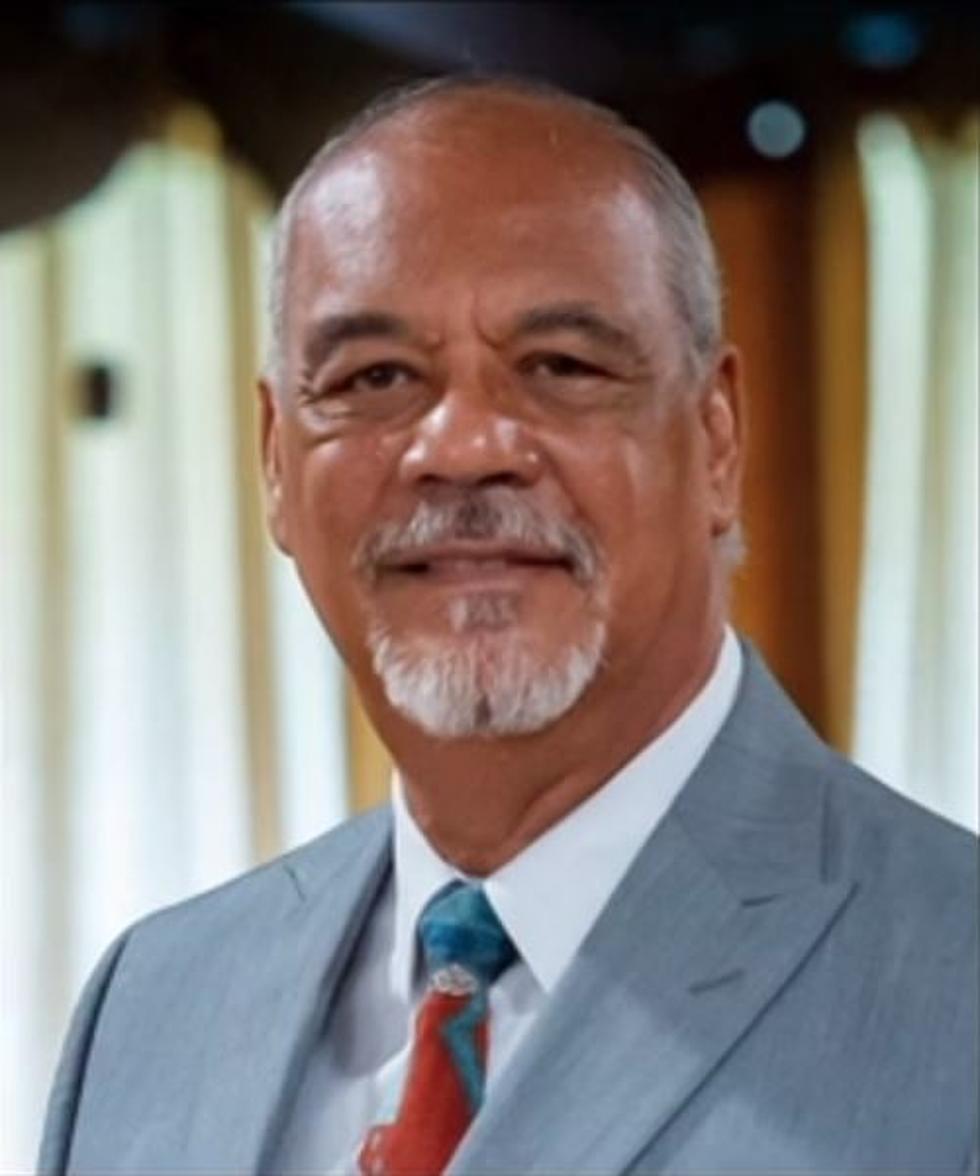
Local Civil Rights Leader Fred Prejean Dies
He was there when Dr. Martin Luther King, Jr., gave the "I Have a Dream" speech. He fought for civil rights through activism and education. He led the charge to have the Alfred Mouton statue removed from downtown Lafayette.
That man was Fred Prejean. The former businessman and state government official died Thursday. He was 76.
"Fred's entire adult life has been challenging the status quo of racial inequity," UL professor Rick Swanson said of Prejean in 2020 when Prejean was awarded the Lafayette Civic Cup.
Prejean's desire to challenge that status quo comes from his own upbringing. Prejean was born in Lafayette and raised in the Fightingville area during an era in which racial segregation was deeply engrained in the local culture. As a teenager, he attended the 1963 March on Washington during which Dr. King gave his historic speech. After graduating from Holy Rosary Institute and serving six years in the Marine Corps Reserve, Prejean enrolled at Southern University. While at Southern, he led a student movement which led to state officials ensuring that students at the historically black university received equal access to the same resources that students at LSU, whose campus was just a few miles away from Southern, were receiving.
While he was away in the Marine Corps Reserves and at college, Prejean continued to keep a keen eye on the goings-on in Lafayette. In 1967, Prejean confronted then Lafayette mayor J. Rayburn Bertrand at a local NAACP meeting. During that confrontation, Prejean asked Bertrand why Black police officers were restricted to patroling Black areas of town while White officers were assigned to White areas of town. That question, along with follow-up questions from Prejean and others in attendance, angered Bertrand.
Later in his life, Prejean fought a battle for which he would become best known.
When he was a child, Prejean and his mother would walk past the statue of Confederate General Alfred Mouton. Prejean's mother would point to the statue and refer to Mouton as "a bad man." In the 2010s, Prejean asked the Lafayette City-Parish Council to consider removing the Mouton statue. When the council refused to take the matter under consideration, he formed the Move the Mindset organization. That group's mission, according to its website, is "to educate our community on racial and social justice issues through education, dialogue, the arts and direct action." One of the group's first actions was to work for the removal of the Mouton statue.
After unsuccessfully asking the city-parish council to remove the statue, Prejean and his group took the matter to court. Ultimately, thanks to Prejean's persistence, Lafayette Consolidated Government and the United Daughters of the Confederacy reached an agreement that allowed the city to remove the statue from its perch at the intersection of Lee Avenue and Jefferson Street in July 2020.
In addition to his activism, Prejean served his community by working in government. He served a five-year stint as an undersecretary of the Department of Wildlife and Fisheries during the administrations of governors Buddy Roemer and Edwin Edwards. In that role, Prejean managed the department's $50 million operating budget and its $30 million capital outlay budget. Locally, Prejean served on a host of committees, including the Lafayette Housing Advisory Committee, the Greater Southwest Louisiana Black Chamber of Commerce, and the LCG Planning and Zoning Commission. He served a term as the PZC's chairman.
Funeral arrangements are pending.



